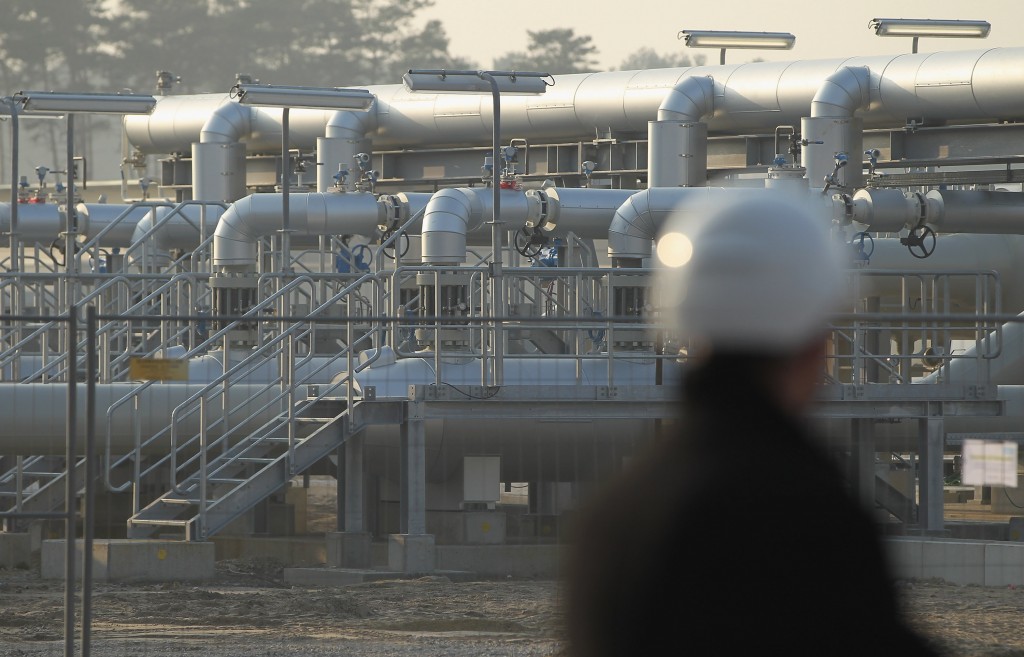Business leaders, policy makers and the general public generally seek lower carbon energy sources but struggle to accurately determine their cost effectiveness. Many see the future of energy to be in natural gas. The unconventional shale gas revolution has catapulted the United States past Russia in total gas output, and recent Federal Energy Regulatory Commission activities and reports make LNG export activities in the United States a threat to Russian natural gas dominance in the Asian-Pacific markets.
Russia has reacted by implementing legislation to open up LNG exports to companies other than Gazprom. Russia’s liberalization of their LNG export market will impact the global LNG and natural gas markets. One major challenge is the question of how profitable the Russian exports may be. Russia wants to double its share in the global LNG market by 2020 from its current 4.5 percent. Russia’s LNG liberalization is limited at this point to Rosneft, Novatek, state-owned Zarubezhneft and Gazprom itself. It is unlikely that Russia will meet its goal by 2020; however, Russia will gain significant market share so as to compete with the United States. These policy changes and economic gains will provide Russia with the necessary momentum to launch them into future market share gains.
This poster will examine the potential impacts on Russia’s environment in the face of this new energy strategy. This poster is a commentary, discussing Russia’s economic plans and its effects on the country’s environmental systems. Touching on both environmental and ecological economics, this poster will be a qualitative analysis of Russia’s new LNG export policy. With supporting analytical and modeling tools this poster will offer an understanding of the positive and negative consequences of Russia’s policy and regulations.
Bennett Resnik is a law student at Vermont Law School and has worked in both public and private arenas, focusing on government relations, domestic public policy issues, as well as federal and state energy and environmental regulation. Contact: bennettres
–
Breaking Energy is proud to introduce the student voice to our growing community of thought leaders. After all, the next generation of energy industry employees, regulators, legislators, financiers and academics are those now emerging from energy-related graduate and PHD programs around the world.
As such, we have begun publishing student-generated content in partnership with the International Association of Economics/US Association of Economics, as well as content written by students attending various educational institutions and programs. We want Breaking Energy to be a valuable forum in which to share ideas, network, promote student research and gain exposure to potential employers.

